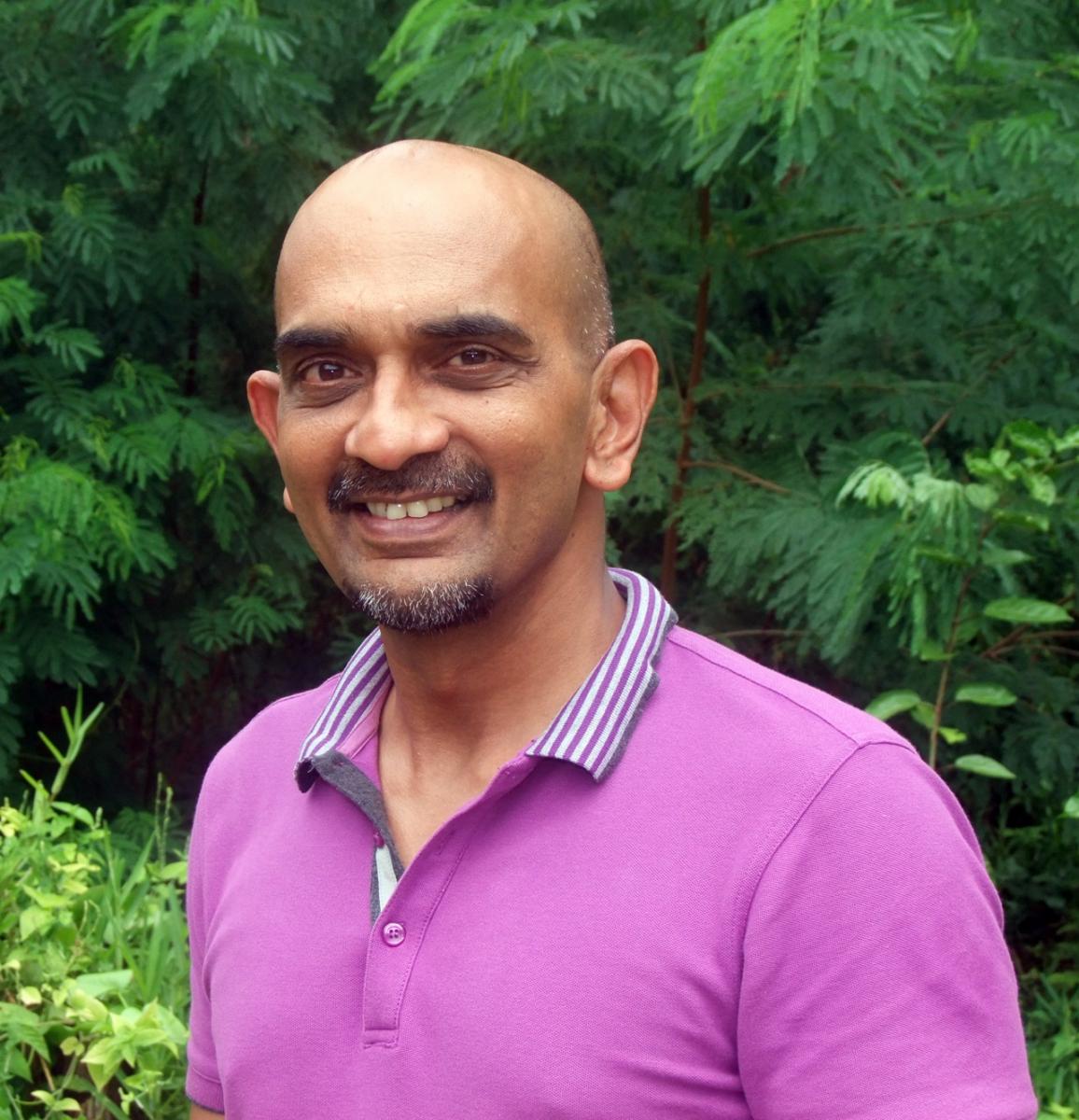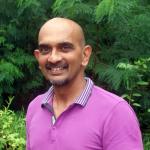Everything was affected. Dozens of hawksbill turtle nests had been washed away, exposed or saturated with water during the nesting season. Infrastructure was also affected: from our photovoltaic array that powers the island, to wardens' houses, the visitor shelter, field station and the helipad. At that time, it was becoming increasingly difficult to manage our ecotourism program due to persistent bad weather. This affects revenue that not only runs the island, but is pumped back into conservation. Now, with the COVID-19 pandemic, we are facing a collapse in tourism and conservation efforts at Nature Seychelles. We have to act fast to adapt to these changes.
As an island nation, our livelihoods are intricately tied to the ocean. Two of our most important economic pillars - tourism and fisheries - depend on the ocean. Seychelles is famous for its environmental protection. The country recently committed 30% of its waters to marine protection way ahead of global targets. However, we are faced with enormous ocean-related challenges exacerbated by the financial ripple effects of COVID-19. Our Small Island State is bearing the brunt of climate change and all around Seychelles the impacts are being felt in all kinds of ways.
In the last 20 years, Nature Seychelles has risen to the task to adapt to the inevitability of changing times with innovative and norm-breaking projects. Our Reef Rescuers project moved a never-ending discussion as well as a long-running research agenda on coral bleaching into real action. This project in the marine protected area of Cousin Island began in 2010 with the support of the United States Agency for International Development (USAID), and later the Global Environment Facility through the Government of Seychelles and UNDP, after corals in Seychelles suffered massive die-off from the devastating 1998 El Niño event in the Indian Ocean. This resulted in an average loss of 90% live coral cover in 1998 and a further 50% loss in 2016. Our project was a game changer for Seychelles and coastal communities in the region because it provided an opportunity to prove that we can innovate and adapt to climate change.
We have cultivated almost 50,000 coral fragments in underwater nurseries and transplanted 24,431 on about 5,500m2 of degraded reefs. This was the first ever large-scale coral reef restoration project using the coral gardening method in the world. There was no blueprint – we adopted techniques used in experimental settings but also pioneered many things in the field. The project acted as an active and dynamic underwater laboratory where research questions on coral reproduction and growth, animal behaviour and reef resilience could be addressed. We trained over 50 scientists and volunteer scientific divers from around the world who are now carrying out their own restoration projects in their countries. A toolkit has been published and widely shared to cascade the methodologies used and experiences collected around the world. It has been well received by coral restoration practitioners. We launched our Centre for Ocean Restoration Awareness and Learning (CORAL) to serve as a national and regional hub for knowledge-sharing on coral reef conservation and restoration, and to attract cutting-edge scientists to carry out further research on corals.
We also broke ground on a new project that will allow, for the very first time in Seychelles, local people to become stewards of coastal and marine areas to benefit the environment and secure their livelihoods. Through funding received from the German International Climate Initiative (IKI), and in partnership with IUCN, Nature Seychelles seeks to set up the first Locally Managed Marine Area (LMMA) in Seychelles. Although present elsewhere in the region, including in Madagascar, Kenya and Tanzania, and globally in larger countries such as Australia, the LMMA model is new to Seychelles. This four-year project will invest in policy-related activities as well as infrastructure, conservation and restoration actions, training and equipment, public awareness programs, and introduction of sustainable funding mechanisms. The LMMA in Seychelles is currently ongoing but delayed due to the impacts of COVID-19. This is a time in our history when it is even more important to focus on local livelihoods and ecosystem services.
Nature Seychelles will continue forging ahead with its programs and projects that are also linked to the Sustainable Development Goals. Unfortunately, the COVID-19 pandemic and the intensity and frequency of climate change events may severely challenge our best efforts. On Cousin Island Special Reserve, the iconic protected area, our only solution is to retreat further inland. Despite this, we will strive for Seychelles to remain an ocean champion, not a victim.
About the author

Dr Nirmal Jivan Shah is a Seychellois environmentalist, sustainable development specialist and educator with over 35 years of experience. He has occupied senior positions in the Parastatal, Government, private and NGO sectors as well as worked for international organisations such as the World Bank, IUCN, BirdLife International and several UN agencies. He has developed many important policy and planning instruments including the Environment Management Plan for Seychelles and the Seychelles’ NBSAP. He is a leading civil society leader and one of his achievements was setting up the Wildlife Clubs of Seychelles. He is the Chief Executive of Nature Seychelles where he has led some of the most inspiring projects in conservation including those which rescued critically endangered birds and restored entire islands. Recently, some of the posts he has occupied include the President’s Special Envoy for Environment and Climate Change, Chair of the Seychelles Fishing Authority and the Chair of the Seychelles National Environment Advisory Council. Dr Shah has appeared in media all over the world including on CNN, BBC, Sky, AFP, Reuters TV, SABC, CCTV, PBS, RTF, ZDF and appearing live on the Today Show on NBC.



